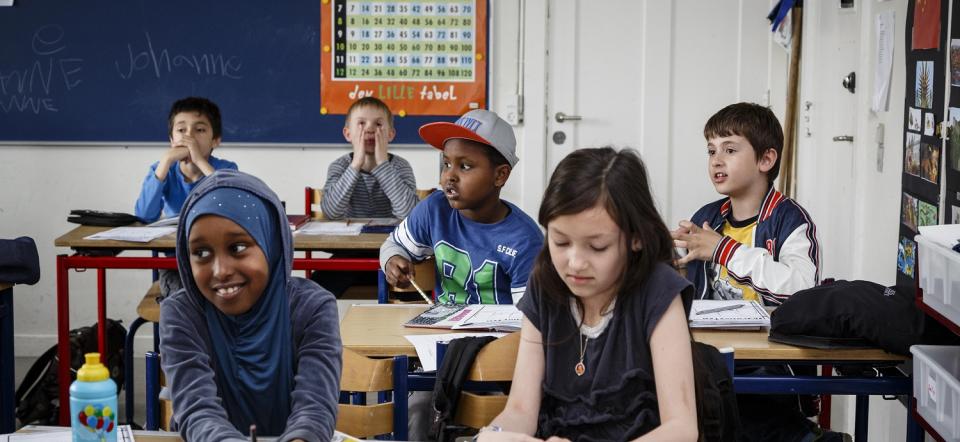The NordForsk research initiative Education for Tomorrow was launched in 2013 with the funding of six interdisciplinary research projects and a Nordic Centre of Excellence, JustEd, for up to five years. The initiative’s main purpose is to strengthen educational research, to contribute to the development of knowledge-based policy for the education sector and to help disseminate the initiative’s research results to a wide range of stakeholders.
The Oxford Research evaluation report takes a generally positive view of the first phase of the initiative, which was completed in 2018. It underscores in particular the initiative’s very high level of scientific quality, which according to the report has led to the production of a large number of scientific publications from the projects and the Nordic Centre of Excellence. The number of citations and the frequency of international co-authorship are also high.
“We are very happy about the report, which shows that the Nordic region is an important platform that can strengthen both national and Nordic research. We are also pleased the report highlights the clear and valuable results achieved in the first phase of Education for Tomorrow. I am sure the evaluation’s findings and conclusions can give the projects, now in Phase II of the initiative, even more of a boost,” says Director of NordForsk Arne Flåøyen.
Eva Björck, former Secretary General of Educational Sciences at the Swedish Research Council and a member of the Education for Tomorrow Committee, agrees:
“First and foremost, it is very satisfying that the report emphasises that the scientific level is high and that the initiative has helped to create new, scientific networks that can help to strengthen Nordic cooperation in educational sciences,” says Eva Björck.
Catalyst for Nordic educational research
The main objective of the initiative has been to strengthen the Nordic position in educational research. According to the evaluation report, the initiative has fully met this objective. Especially in Iceland – the smallest of the participating countries – the initiative has influenced the development of educational sciences as a scientific field at the national level. Ágúst Hjörtur Ingþórsson, Head of the Education and Culture Division at the Icelandic Centre for Research (RANNIS), says:
“I think that the evaluation clearly shows the scientific impact the initiative has had. In my national context, the Nordic Centre of Excellence JustEd has significantly contributed to internationalisation of educational research. Even now, when the network is no longer receiving financial support from the Education for Tomorrow initiative, the research groups are still active and producing interesting results that are having an impact on both educational research and the education system.”
It is also worth noting in this context that the Education for Tomorrow initiative has contributed to the sustainability of educational sciences in the Nordic countries by educating and supporting PhD students and younger researchers.




